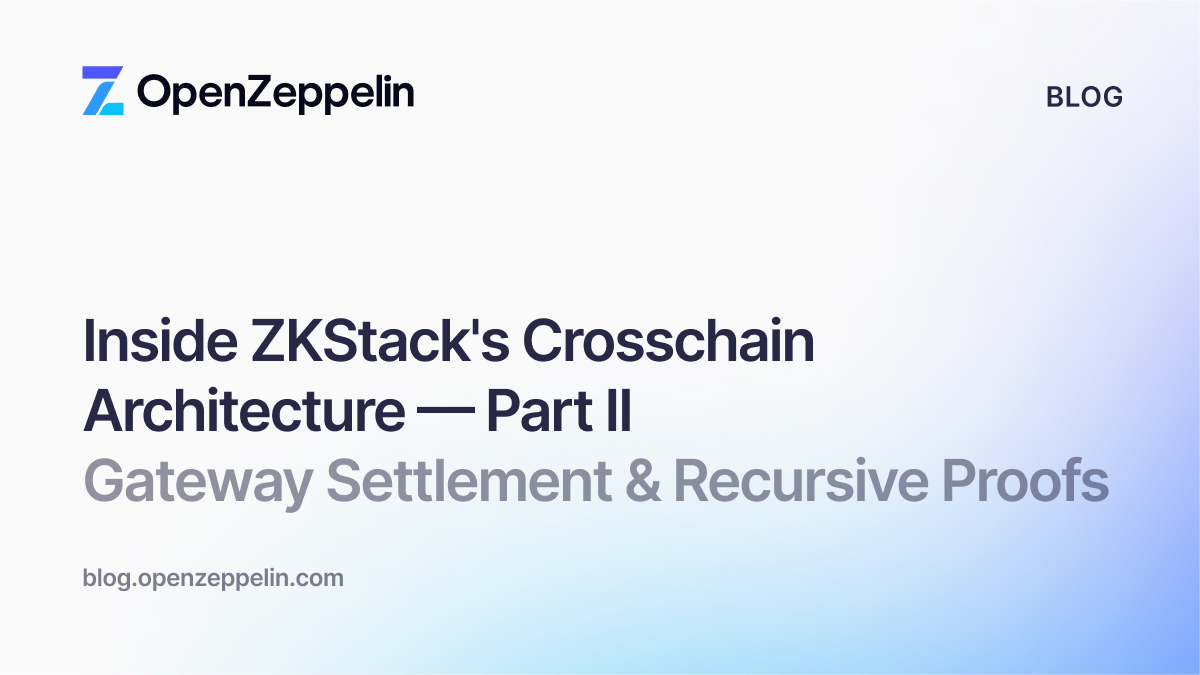Thank you for your interest in this post! We’re undergoing a rebranding process, so please excuse us if some names are out of date.
by Manuel Araoz
Few applications need blockchains. Distributed consensus makes each computational step very expensive. Only apps for which users are willing to pay such a cost will make sense in the new decentralized paradigm. But what makes an app need a blockchain?
A Brief History of Computer Innovation
The first such app was bitcoin, the first free currency. Why are the ~20M bitcoin users willing to pay the price of running a currency on top of a costly, slow platform such as a blockchain? Let’s explore the answer by analogy.
In 1982, why did my dad spend $150 at an obscure computer store in Buenos Aires to buy a Timex Sinclair 1000? He wanted to experiment with programming. He was buying the ability to process information quickly and on his own terms.
In 1995, why did nerds spend thousands of dollars to connect to other computers around the globe? They wanted to read and post messages on online bulletin boards. They were buying access to information.
In 2007, why did so many people choose to spend $500 to carry around a small computer with a tiny screen, few apps, and very bad specs? They wanted a computer on-the-go. They were buying mobility.
Each step in the history of computation brought many inefficiencies, but also a new key feature. Early adopters were willing to pay the cost of switching to a new platform in order to get a taste of something different. Most times even they didn’t understand it fully.
So, what are early adopters buying when they use blockchain-based apps? They want to participate in a global, open, permissionless, stateful playground. They are buying access to global coordination. They get to participate in ground-up, large-scale human coordination experiments.
The time was ripe for such doors to open. We saw the world transition from paper-based systems (e.g., nations) to closed machine-based systems (e.g., corporations) to open digital-based systems (e.g., internet communities). A mere 10 years ago, only nation-states and huge multinational corporations such as Exxon, Google, and Apple could coordinate efforts globally. The cost of doing so was simply unbearable for anyone except them, given how slowly information flowed back then. Some such pre-blockchain experiments were the US dollar, capitalism, socialism, feudalism, the World Trade Center, and the International Space Station. Only huge centralized institutions could withstand the costs of such projects. That’s why they control the data, the money, and the terms on which we interact.
However, since Satoshi released a solution to the Byzantine Generals’ Problem to the world in 2008, the internet turned into a global coordination machine. This enabled us to create a global currency without relying on huge institutions as trust anchors. Not only did this enable bitcoin, but it drastically lowered the material barriers to innovation in the global coordination space by bringing it to the digital space. Kids around the world can now run experiments on global coordination from their mom’s basement at almost no cost. What’s best is that when they disagree on which direction the experiments should take, they can part ways and try their different ideas by forking the protocols. Some such experiments have been:
- A globally shared virtual computer, Ethereum.
- Thousands of privately issued application-specific currencies.
- A cheap, fast, and scalable payment network.
- Many globally available financial products such as decentralized exchanges.
Think about how hard it would have been for anyone to create a new stateful global coordination mechanism (such as the USD for global commerce) 10 years ago. It was virtually impossible unless they had a strong physical presence, collaboration agreements with multiple world regions, huge amounts of capital at their disposal, and lots of people to operate those components. Blockchains turned the internet into a digital jurisdiction where we can all run our global coordination experiments by using code and incentives, instead of paper and coercion.
Next Steps in Global Coordination
However, having a global playground for coordination experiments doesn’t come without its challenges. Nation-states and multinational companies have polished their methods over hundreds of years. We’re starting anew. Just like when online content creators had to rethink how to entertain and inform better than mainstream media. Just like when thinkers in the year 1500 reinvented how to express ideas after the Church lost its monopoly on the creation of books.** Our challenge today is to achieve global coordination over the internet using a new perspective, not imitating what nation-states and multinationals did.**
Some of the pressing challenges that the new playground blockchain technology has created are as follows:
- It’s a new paradigm: few people know how to use the technology, and there are few good tools to work with it.
- Code runs in a public realm, exposing apps to a global community of very incentivized attackers. This makes improving security practices a top priority.
- As happened in the early days of the web or mobile platforms, there are no blockchain-specific UX patterns, jeopardizing user adoption.
As with every new technology, the first ones to use it are the creative individuals whose imagination pushes them to build a better world. For blockchain, this means hackers: those fluent in managing information at scale. Today, the basic components for solving these problems already exist but are not readily available to developers. What’s missing is a polished and integrated experience to bring experimentation to the next level. A sort of “Operating System” for this new playground. A platform that brings network effects to hackers who are building the revolution by sharing tools and code.
This is why at Zeppelin we recently decided to focus on ZeppelinOS. We want to tackle those problems head-on, and we believe we can do it. We’re creating tools for hackers to rethink how a new global society should work. And we believe in the transformative power of giving tools long kept only for a few to the masses to experiment with. We’ve all seen the amazing improvements that opening a space to permissionless innovation brought to biotech, computing, content creation, and the satellite industry. It’s time to take global human coordination projects into our own hands!
Help us build this future together!


